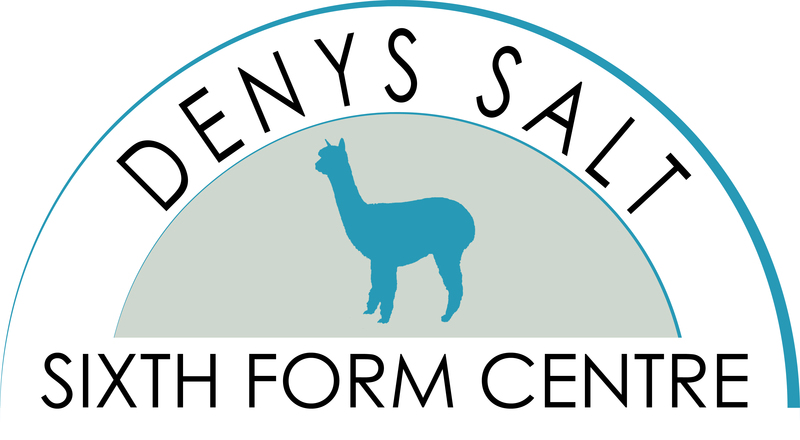
A Level Design Engineering (H404) QAN Code: 603/1131/9 The course is designed as a natural progression from either Engineering or Design Technology. The course is broken down into 3 distinct areas: 1. Principles of Design Engineering 2. Problem Solving in Design Engineering 3. Iterative Design Project The content of this title is focused towards engineered and electronic products and systems; the analysis of these in respect of function, operation, components and materials, in order to understand their application and uses in engineered products/systems that have commercial viability. Exams: 50% of the course 1. Principles of Design Engineering 1hr 45 (26.7%) This paper is set out through four sets of questions that predominantly cover technical principles within each endorsed title. Learners will be required to: • analyse existing products • demonstrate applied mathematical skills • demonstrate their technical knowledge of materials, product functionality, manufacturing processes and techniques • demonstrate their understanding of wider social, moral and environmental issues that impact on the design and manufacturing industries. 2. Problem Solving in Design Engineering 1 hr 30 (23.3%) This component has a series of longer answer questions that require learners to demonstrate their problem solving and critical evaluation skills. Learners will be required to: • apply their knowledge, understanding and skills of designing and manufacturing prototypes and products • demonstrate their higher thinking skills to solve problems and evaluate situations and suitability of design solutions. NEA (non-exam assessment): Iterative Design Project (50%) The ‘Iterative Design Project’ requires learners to undertake a substantial design, make and evaluate project centred on the iterative processes of explore, create and evaluate. Learners identify a design opportunity or problem from a context of their own choice and create a portfolio of evidence in real time through the project to demonstrate their competence. How will I be assessed? Exams 50%: 1. Principles of Design Engineering 2. Problem Solving in Design Engineering NEA 50%: Iterative Design Project Future Opportunities - Students can access engineering courses through both degree and apprenticeship routes into fields such as Mechanical, Electronic, Civil Engineering and Design Engineering.
Minimum five GCSE passes (grades 4 or 5) including English Language and Maths. Students must also meet subject specific minimum entry requirements (shown below).
Final exam 50% Project 50% (see below) At the end of Year 12 and into Year 13 you will be expected to take part in an iterative design project (NEA). You will have the opportunity to choose a specific problem you are interested in and use your design engineering skills to solve it. You will research, produce sketches, models and a final prototype which you will test and evaluate at the end of the project.
About Education Provider
| Region | Yorkshire and the Humber |
| Local Authority | Bradford |
| Ofsted Rating | Good |
| Gender Type | Co-Educational |
| Address | Higher Coach Road, Baildon, Shipley, BD17 5RH |
A Level Design Engineering (H404) QAN Code: 603/1131/9 The course is designed as a natural progression from either Engineering or Design Technology. The course is broken down into 3 distinct areas: 1. Principles of Design Engineering 2. Problem Solving in Design Engineering 3. Iterative Design Project The content of this title is focused towards engineered and electronic products and systems; the analysis of these in respect of function, operation, components and materials, in order to understand their application and uses in engineered products/systems that have commercial viability. Exams: 50% of the course 1. Principles of Design Engineering 1hr 45 (26.7%) This paper is set out through four sets of questions that predominantly cover technical principles within each endorsed title. Learners will be required to: • analyse existing products • demonstrate applied mathematical skills • demonstrate their technical knowledge of materials, product functionality, manufacturing processes and techniques • demonstrate their understanding of wider social, moral and environmental issues that impact on the design and manufacturing industries. 2. Problem Solving in Design Engineering 1 hr 30 (23.3%) This component has a series of longer answer questions that require learners to demonstrate their problem solving and critical evaluation skills. Learners will be required to: • apply their knowledge, understanding and skills of designing and manufacturing prototypes and products • demonstrate their higher thinking skills to solve problems and evaluate situations and suitability of design solutions. NEA (non-exam assessment): Iterative Design Project (50%) The ‘Iterative Design Project’ requires learners to undertake a substantial design, make and evaluate project centred on the iterative processes of explore, create and evaluate. Learners identify a design opportunity or problem from a context of their own choice and create a portfolio of evidence in real time through the project to demonstrate their competence. How will I be assessed? Exams 50%: 1. Principles of Design Engineering 2. Problem Solving in Design Engineering NEA 50%: Iterative Design Project Future Opportunities - Students can access engineering courses through both degree and apprenticeship routes into fields such as Mechanical, Electronic, Civil Engineering and Design Engineering.
Minimum five GCSE passes (grades 4 or 5) including English Language and Maths. Students must also meet subject specific minimum entry requirements (shown below).
Final exam 50% Project 50% (see below) At the end of Year 12 and into Year 13 you will be expected to take part in an iterative design project (NEA). You will have the opportunity to choose a specific problem you are interested in and use your design engineering skills to solve it. You will research, produce sketches, models and a final prototype which you will test and evaluate at the end of the project.